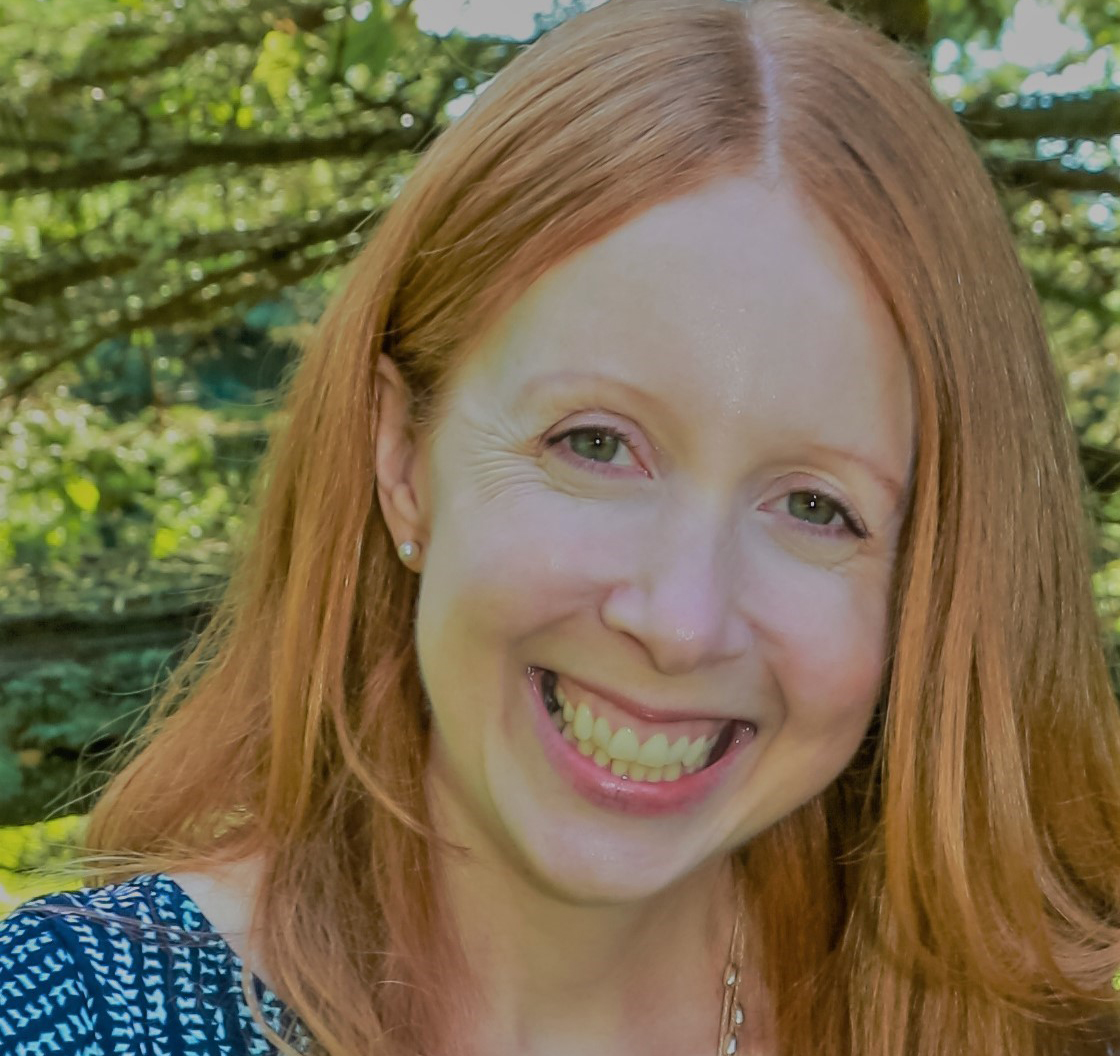Ember Swift (BA 1998 VIC) doesn’t mind that many people haven’t heard of her, even though she has produced eight CDs on her independent record label and toured internationally. Her politically charged folk-jazz-funk band has a loyal – and growing – fan base, and the celebrity that can come with signing a corporate record deal holds no appeal for her.
“The industry prioritizes the economics over the art,” she says. “My music is a combination of art and activism, so the message has to come from a pure place.” On her latest release, Disarming, Swift muses on such weighty issues as the environment, American foreign policy and the corporate music business. Yet lyrics that could easily be preachy are more often playful. Even her song descriptions on the CD jacket are cleverly stylized, moving from “potable prog-folk public service announcement” to “conscientious, carnivalesque French cabaret.”
Growing up in Burlington and Woodstock, Ont., Swift sang, played piano, guitar and percussion, and began composing at age nine. In high school she began writing songs promoting environmentalism and social activism. A degree in East Asian Studies at U of T further shaped her world view. “It gave me some ways of thinking that are a bit outside the Western paradigm,” she says. While she can’t measure the direct impact of her music, Swift feels optimistic every time she plays a song with a social or political message. “If nothing else, I hope to contribute to the pool of awareness, which hopefully will yield more action, which hopefully will yield more change. You never know what the ripples will be.”
When you hear that a woman from the Toronto suburbs with an Anglo name is an internationally acclaimed Turkish folk singer, an obvious question springs up. “I’ve been asked how this happened a million times,” says Brenna MacCrimmon (BA 2003 Innis). The short answer is happenstance, stemming from a trip to a library in Burlington, Ont., during her late teens. “I came across these Turkish albums, and I was really intrigued,” she says. She’d dabbled in piano and violin, but her only knowledge of global music came from her mother, a ballet teacher with a taste for Russian choruses. Yet the unfamiliar rhythms and intonations on the albums immediately resonated with MacCrimmon. “There was just an emotional communication.”
While taking an ethnomusicology class at U of T in the early 1980s, MacCrimmon sought out local Turkish musicians and was inspired to learn a folk instrument called the baglama. She then began playing and singing in a Turkish community band. “I went from being a passive listener to an active performer,” she says. During a five-year stint in Istanbul, she immersed herself in the Turkish culture, and sang regional folk music at festivals and special events. Since then she has performed internationally and produced two CDs, including Karsilama, which was nominated for a Juno Award in 1998.
MacCrimmon recently settled back in Toronto to work on a repertoire that she’ll perform across Canada with collaborator Ismail Hakki, a Montreal-based Turkish musician. She is also pursuing a master’s degree in archival studies at U of T. “Preserving music is really important to me, because it was discovering a recording in a library that sent me on this whole journey.”






